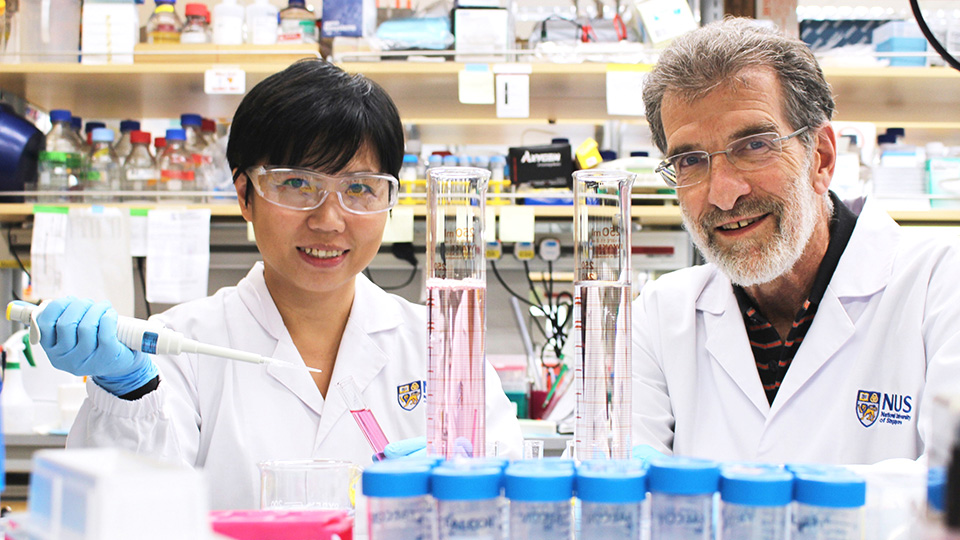A novel drug developed by a team of scientists from the Cancer Institute of Singapore (CSI Singapore) at the National University of Singapore (NUS) could potentially treat liver cancer more effectively.
The peptide drug called FFW shows promise in reducing tumour growth and slowing down spread of cancer cells, NUS said in a press release on Aug 16, 2018.
Currently, the main first-line treatment for liver cancer is the drug Sorafenib, which has adverse side effects and prolongs survival for only three months.
The international team comprises researchers from Brigham and Women’s Hospital at Harvard Medical School, the Department of Biological Sciences under the NUS Faculty of Science, as well as the Agency for Science, Technology and Research.
Dr Liu Bee Hui, Research Fellow at CSI Singapore, said, “Based on the information we gained from structural and global gene expression, we are continuing our work on this peptide and other peptides with similar structures, with the aim of eventually being able to make them into clinical grade drugs for the benefit of patients.”
Associate Professor Li Chai from Brigham and Women’s Hospital at Harvard Medical School, explained, “An ideal cancer target should be cancer-specific and non-toxic to normal tissues. To this end, we are collaborating to find a missing link that can cure cancer and restore normal cell function."



